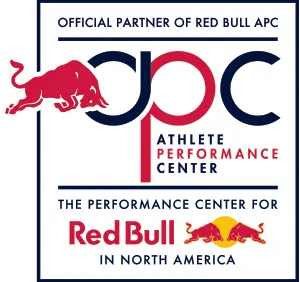Today will find student athletes taking part in an event known as the Sacramento Soccer Day. The event, which is put on by the UC Davis Children’s Hospital, will include a couple of exhibition matches and various activities. Ahead of that event, an interview was conducted with the Sports Legacy Institute, which provided information and tips on preventing a concussion related to soccer.
Although football draws a steady amount of media attention for concussions, many people might be surprised to realize that the next largest contributor in high school sports is girls' soccer. The Institute notes that this could have something to do with neck strength in men versus women. Movement tends to be more limited in men due to their stronger necks, and it’s this movement that can help reduce the risk of a concussion.
The report also explores something called second impact syndrome, which is when a person’s head is struck after they’ve already incurred a concussion. If this type of situation leads the brain to swell up extremely fast, as many as half of those who suffer from it may die.
When it comes to soccer, the greatest danger is when a participant leaps in the air in an attempt to execute a header. Although the ball should bounce off rather easily, another head will not. Two people each attempting to “head” the ball would find themselves literally butting heads. The report also makes reference to a study which suggests that even repeated exposure to a soccer ball can contribute to slight brain alterations over time.
There are preventative actions that can be taken to ward off concussions and the more serious injuries which can occur when a concussion does take place but isn’t treated right away. Stressing to kids the symptoms to look out for is the first step. On a soccer field, the rapid play may disguise a concussion situation. Therefore, kids need to be willing to pull themselves out of a game if a shot to the head prompts confusion, dizziness, headaches, ear ringing, or vision issues. Many kids may suffer from these very issues days or weeks after they’ve been struck but not make the connection to a concussion. But if they know the signs, they’ll be more willing to be vocal about what’s bothering them.
That way, prompt treatment can be provided to the student who has incurred the concussion. This shouldn’t be done under the eye of a regular doctor; it’s advisable that parents seek out a medical professional who specializes in sports medicine with an emphasis on concussions.
About the author




